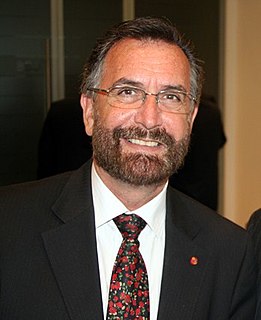A Quote by Annie Lowrey
For animals, for humans, for the planet: It makes sense to curb meat consumption, and that is something vegans and omnivores agree on. Roughly two-thirds of Americans report reducing their meat consumption, and many are sensitive to the way their diet might be damaging the planet.
Related Quotes
The current treatment of animals in the livestock trade definitely renders the consumption of meat as halachically unacceptable as the product of illegitimate means. ... As it is halachically prohibited to harm oneself and as healthy, nutritious vegetarian alternatives are easily available, meat consumption has become halachically unjustifiable.
We believe in the Three Rs - reducing the consumption of meat and other animal-based foods; refining the diet by eating products only from methods of production, transport, and slaughter that minimize pain and distress; and replacing meat and other animal-based foods in the diet with plant-based foods.
Developed and benefited from the unsustainable patterns of production and consumption which have produced our present dilemma. It is clear that current lifestyles and consumption patterns of the affluent middle class-involving high meat intake, consumption of large amounts of frozen and convenience foods, use of fossil fuels, appliances, home and work-place air-conditioning, and suburban housing-are not sustainable. A shift is necessary toward lifestyles less geared to environmentally damaging consumption patterns.
Elsewhere the paper notes that vegetarians and vegans (including athletes) 'meet and exceed requirements' for protein. And, to render the whole we-should-worry-about-getting-enough-protein-and-therefore-eat-meat idea even more useless, other data suggests that excess animal protein intake is linked with osteoporosis, kidney disease, calcium stones in the urinary tract, and some cancers. Despite some persistent confusion, it is clear that vegetarians and vegans tend to have more optimal protein consumption than omnivores.
We are living as if we had three planets' worth of resources to live with rather than just one. We need to cut by about two-thirds our ecological footprint. For that we need one planet farming as well as one planet living - one planet farming which minimises the impact on the environment of food production and consumption, and which maximises its contribution to renewal of the natural environment
































